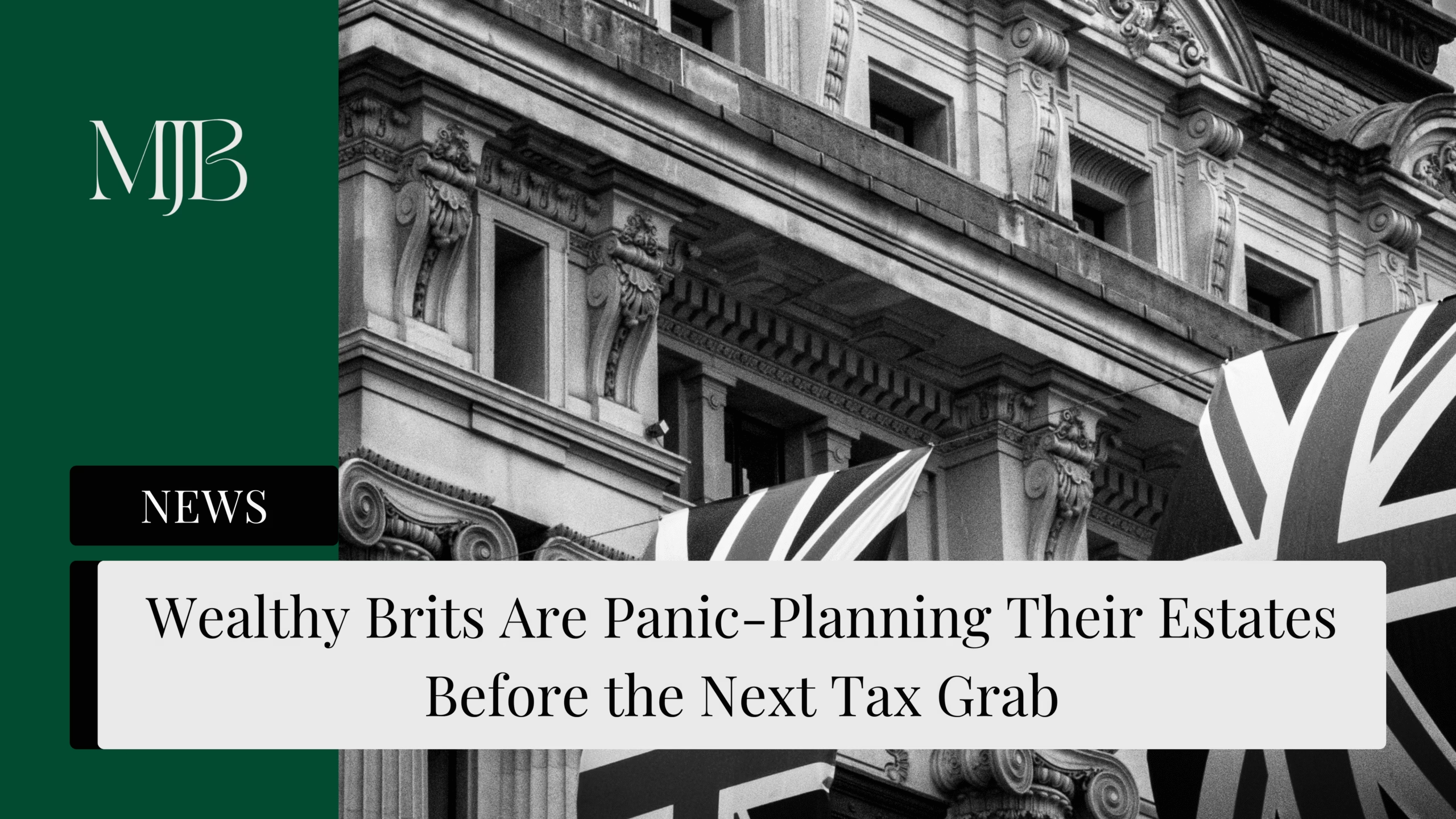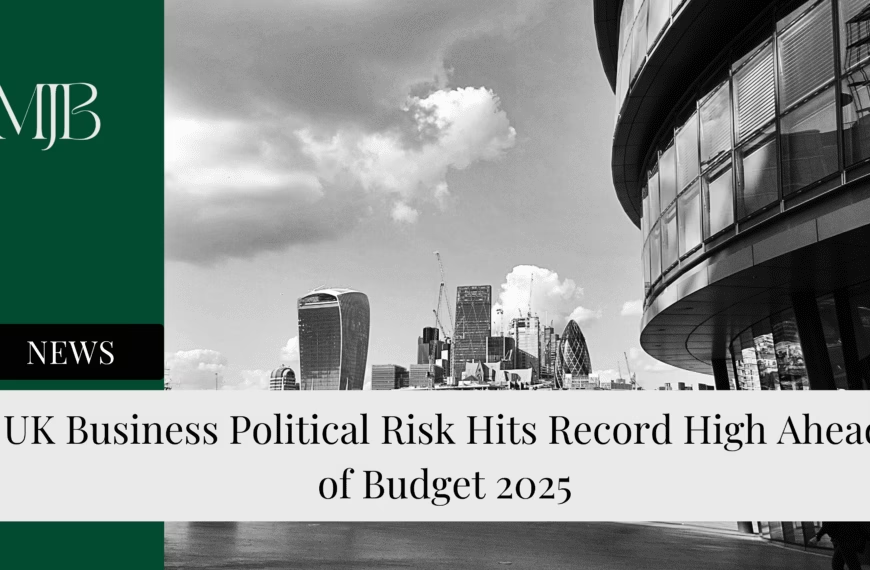Got £5 million sitting around? You’re probably not alone in sweating bullets about what Rachel Reeves has planned for her next Budget trick.
High-net-worth Brits are scrambling to restructure their inheritance tax planning faster than you can say “fiscal hole.” With the Treasury hunting for £30bn and wealthy families in the crosshairs, it’s no wonder estate planning advice requests have shot through the roof since summer.
Here’s why the ultra-wealthy are losing sleep — and what changes might be coming your way.
The Great Estate Planning Rush Is Real
Rathbones wealth management just published some telling numbers. Nearly half (43%) of their clients with £5m+ in investable assets expect to need inheritance tax advice within the next year.
That’s not normal. That’s panic mode.
“Clients are understandably keen to get ahead of any potential changes,” says Simon Bashorun, head of advice at Rathbones Private Office. Translation: everyone’s terrified of getting caught with their financial pants down.
The rush makes sense when you consider the Chancellor’s track record. Remember the “family farm tax” backlash? Reeves already axed Agricultural Property Relief and Business Asset Disposal Relief, sparking protests nationwide.

What’s Actually on the Chopping Block?
Lifetime Gifting Gets Clipped
The Treasury’s eyeing ways to cap how much you can gift family members tax-free during your lifetime. Right now, anything you give away seven years before death stays out of inheritance tax reach.
Gifts made 3-7 years before death get hit with taper relief — sliding scale taxation from 8% to 32%. But those golden seven-year rules? They might not last much longer.
Pensions Join the Inheritance Tax Party
Here’s the big one: unused pension pots and death benefits are expected to fall under inheritance tax from April 2027. Your carefully built retirement nest egg could face the standard IHT rate if you don’t use it.
For anyone sitting on seven-figure pension wealth, this changes everything about retirement and legacy planning.

Why This Matters for Your Money
The timing couldn’t be worse for wealthy families. We’re talking about “a prolonged period of speculation [that] is a bane to financial planning,” according to Bashorun.
When you don’t know the rules, you can’t play the game effectively.
Smart money is already moving. Wealth managers are seeing unprecedented demand for estate planning strategies as families try to lock in current rules before they vanish.
The Bottom Line
The November Budget announcement can’t come soon enough for Britain’s wealthy families. Until then, expect more frantic estate reshuffling as the ultra-rich try to stay one step ahead of the taxman.
If you’ve got serious wealth, now’s probably not the time to wing it. The rules are changing, and those who adapt fastest will keep the most.
Ready to review your estate strategy? Don’t wait until the Budget drops — the best tax planning happens before the rules change.
FAQ: Inheritance Tax Changes Explained
Q1: How much can I currently gift without inheritance tax consequences?
A: Unlimited amounts, as long as you survive seven years after making the gift. Gifts made 3-7 years before death face taper relief taxation between 8-32%.
Q2: When will pensions become subject to inheritance tax?
A: The changes are expected to kick in from April 2027. Unused pension pots and death benefits will likely face standard IHT rates.
Q3: Should I rush to make large gifts before potential rule changes?
A: Consider getting professional advice first. Hasty gifting without proper planning can backfire, especially if rules change retroactively.
Q4: What’s the current inheritance tax rate in the UK?
A: The standard rate is 40% on estates over £325,000 (or £650,000 for married couples). Various reliefs and allowances can reduce this burden.
Q5: How big is the Treasury’s fiscal hole that’s driving these changes?
A: The government is looking to plug a £30bn gap in public finances, making wealthy individuals and their estates prime targets for increased taxation.
DISCLAIMER
Effective Date: 15th July 2025
The information provided on this website is for informational and educational purposes only and reflects the personal opinions of the author(s). It is not intended as financial, investment, tax, or legal advice.
We are not certified financial advisers. None of the content on this website constitutes a recommendation to buy, sell, or hold any financial product, asset, or service. You should not rely on any information provided here to make financial decisions.
We strongly recommend that you:
- Conduct your own research and due diligence
- Consult with a qualified financial adviser or professional before making any investment or financial decisions
While we strive to ensure that all information is accurate and up to date, we make no guarantees about the completeness, reliability, or suitability of any content on this site.
By using this website, you acknowledge and agree that we are not responsible for any financial loss, damage, or decisions made based on the content presented.






